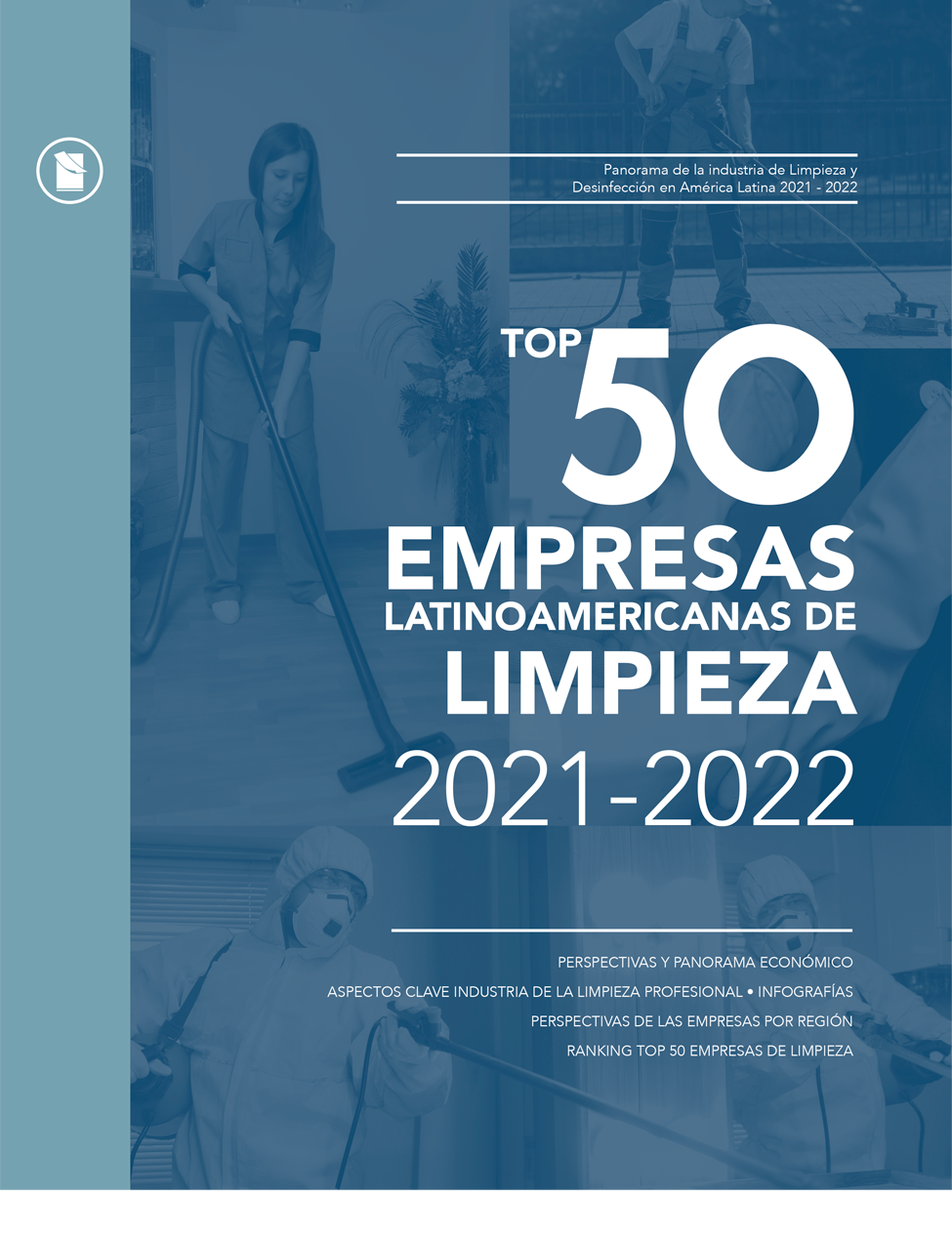CleanTec Industry News
Fenaseo warns that the labor reform will increase the costs of companies in the sector by 10%
Expired
Colombia. María del Pilar Rodríguez, executive director of the National Federation of Cleaning Companies (Fenaseo), warned about the economic and labor impact that the recent labor reform will have on companies that provide cleaning services in shopping centers, clinics, banks and other high-traffic spaces.
The reform, which came into force on July 1, 2025, modified the daytime shift — now between 6:00 a.m. and 7:00 p.m. — and redefined night work as work performed between 7:00 p.m. and 6:00 a.m. It also progressively increased the surcharge for working on mandatory rest days: 80% from July 2025, 90% from July 2026, until reaching 100% in 2027.
A sector with a high social impact
Rodríguez recalled that Fenaseo is a generator of employment for 400,000 women heads of household and that the reform generates significant cost overruns:
"We reduce two working hours, but on the other, we must add overtime."
The estimated increase
The leader illustrated the increase with an example:
"A cleaning contract that today is worth $200, would have to cost $220. The malls tell me they can't charge more administration fees because the stores aren't selling enough. Colombians go to the mall to eat ice cream and walk the dog, but we are not shopping."
Risk of layoffs
Faced with the impossibility of passing on the increase to the customer, the alternative that companies observe is to reduce staff:
"If I raise $20, the customer tells me: reduce 14 cleaning ladies. Yes, we are going to have more unemployment in Colombia... there will be a cost overrun that involves removing personnel from operations."
Rodríguez estimates that up to 10,000 jobs could be lost progressively, between July 2025 and January 2026:
"Unfortunately our economy is not growing... more universities, more schools, more shopping centers, more clinics are not being created, where those women who are unemployed could go to get work."
Increase in informality
The directive warned that pressure on costs could boost informal employment:
"There will be those who say: I don't pay an operator with all the laws and I offer her $20,000 for the day, because it seems cheaper than hiring a serious company."
Jackeline Piraján, senior economist at Scotiabank Colpatria, agreed that the new conditions will increase the cost of labor:
"We must recognize some extra payments for people's work... what they do is generate increases in the value of labor."



